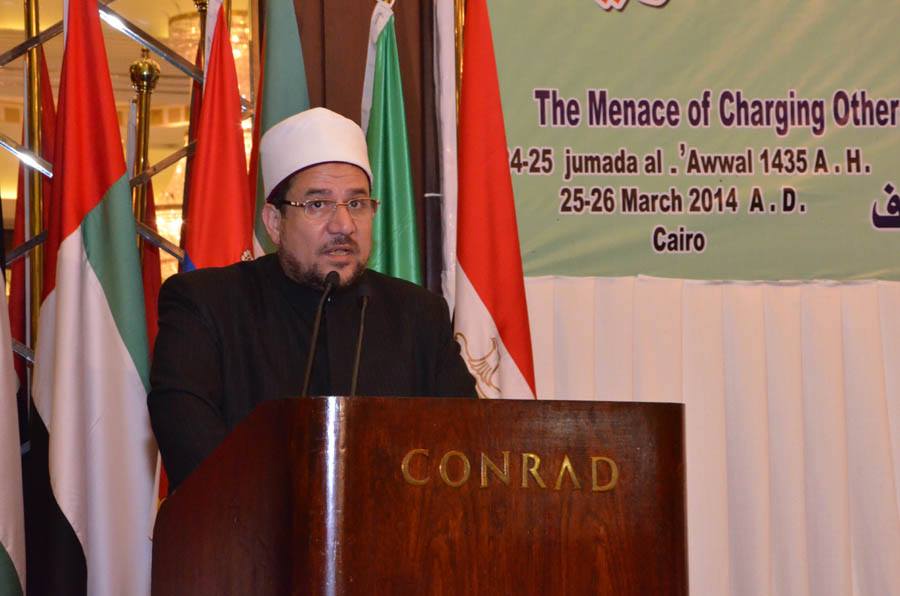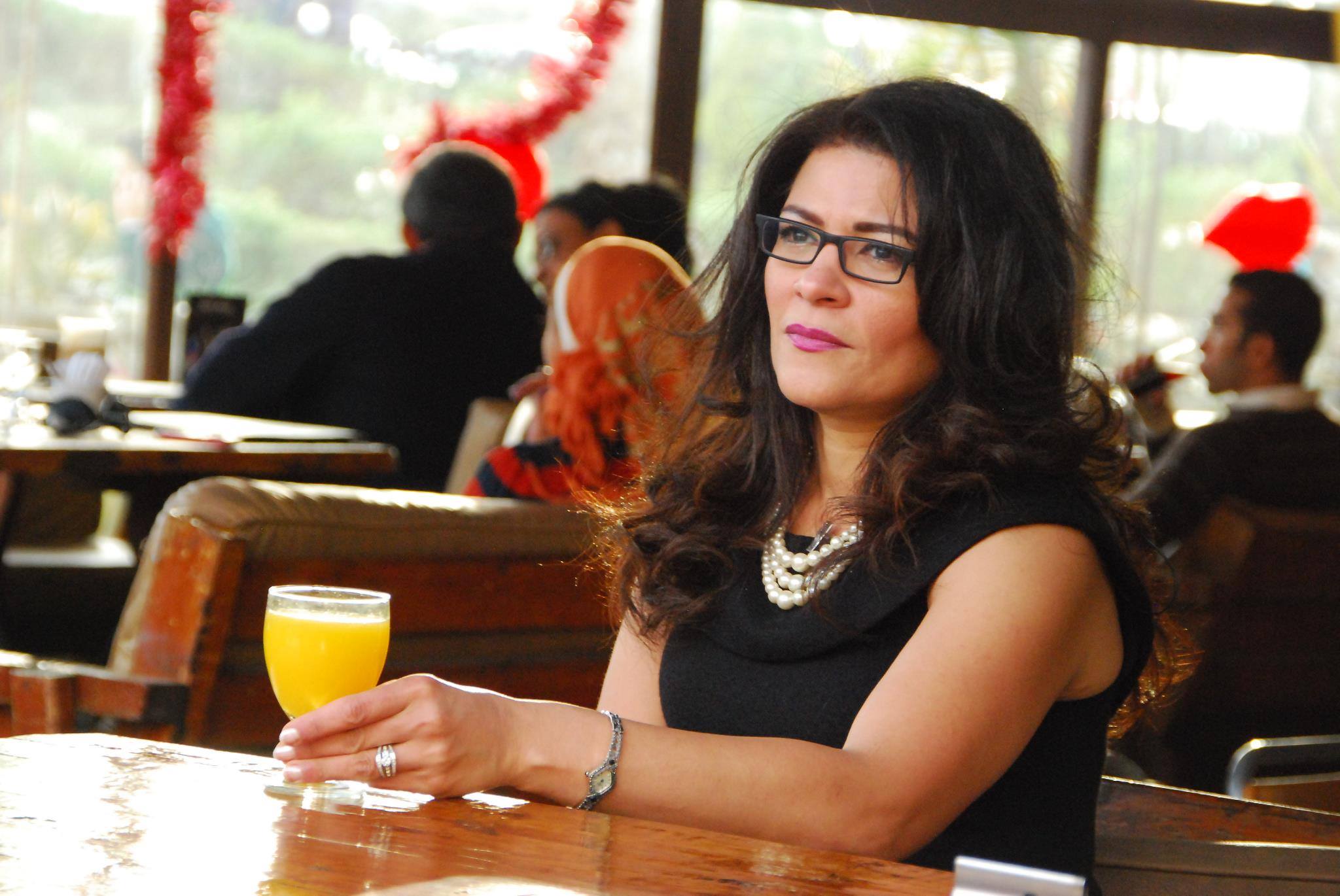Latest NEWS
- Aswat Masriya, the last word
- Roundup of Egypt's press headlines on March 15, 2017
- Roundup of Egypt's press headlines on March 14, 2017
- Former Egyptian President Hosni Mubarak to be released: lawyer
- Roundup of Egypt's press headlines on March 13, 2017
- Egypt's capital set to grow by half a million in 2017
- Egypt's wheat reserves to double with start of harvest -supply min
- Roundup of Egypt's press headlines on March 12, 2017
Court upholds Egyptian writer Fatma Naoot's 3-year sentence for 'contempt of religion'
CAIRO, Mar 31 (Aswat Masriya) – A Cairo court upheld the three-year prison sentence given to Egyptian writer and poet Fatma Naoot for "contempt of Islam" after her appeal was rejected on Thursday.
In January, Naoot was handed the sentence along with a fine of EGP 20,000, after which she filed an appeal.
The writer had published a note on her Facebook page in October 2014, criticising the Islamic ritual of sacrificing animals on the day of Eid al-Adha.
In reference to Prophet Ibrahim, she said that although the "nightmare" of one of the pious men concerning his righteous son has passed in peace, helpless creatures pay the price every year for this "holy nightmare".
In December 2014, Naoot was referred to trial for "contempt of the Islamic religion and mockery of an Islamic ritual" after a group of lawyers filed a complaint against her.
During investigation, Naoot affirmed that she had published the Facebook post, but strongly denied contempt of Islam, adding that she is a Muslim, and what she wrote on Facebook was a gesture of humour aimed at her readers.
The case has sparked criticism from rights groups and journalists, who deemed it an encroachment on the freedom of expression and opinion.
The Arabic Network for Human Rights Information (ANHRI) called for the case to be dropped after Naoot was referred to trial and said this trial should not have been brought to court in the first place.
The Cairo-based Egyptian Initiative for Personal Rights (EIPR) documented nine cases that involve contempt of religion charges in 2015. In those cases, 12 Muslims and Christians were convicted. At least 11 other cases were still being investigated by the prosecution by the end of February.
In a statement in January, Human Rights Watch (HRW) addressed several prison sentences served in cases with blasphemy charges, noting that the majority of those arrested were charged with insulting the Islamic religion.
Egypt is party to a group of international human rights treaties including the International Covenant on Civil and Political Rights and the African Charter on Human and Peoples' Rights. The treaties oblige governments to "respect and protect" freedom of religion, belief and expression and to steer clear of discrimination.














